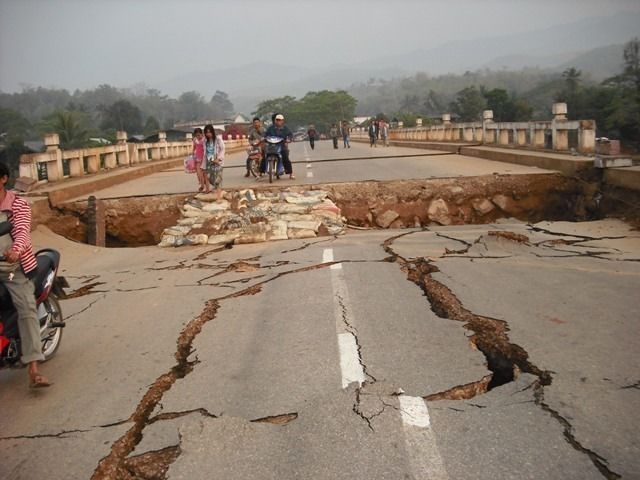© This article is an extract from Paul Hattaway's epic 656-page China’s Book of Martyrs, which profiles more than 1,000 Christian martyrs in China since AD 845, accompanied by over 500 photos. You can order this or many other China books and e-books here.
1900 - Mariana Giuliani
July 9, 1900
Taiyuan, Shanxi
Mariana Giuliani. [CRBC]
Mariana Giuliani was born in Italy on December 13, 1875. Unlike many of the other martyrs in Chinese Church history, Mariana did not grow up in a Christian environment. In fact, her father was a brute of a man who despised religion and would not tolerate any of his family members practicing it either. His severe stance was exacerbated by the fact his own brother was a Franciscan priest. Mariana’s mother was less strict, having been raised with Christian influence. She secretly shared what she knew about God to her daughter, planting a seed in Mariana’s heart. She secretly attended church, and often prayed for the conversion of her unbelieving father.
When Mariana was just ten-years-old her mother died. Her father abandoned the children, and they were forced to live with neighbours. This proved a blessing in disguise, for Mariana was now able to practice her faith openly. In 1892 Mariana’s uncle, the Franciscan priest, encouraged her to study in France. After entering the novitiate she received the name Marie de la Paix and was given many difficult assignments, including taking care of youngsters whom society had rejected. She showed them a balance of love and discipline, and soon gained their respect. Giuliani was later sent to Austria, where she had to quickly adapt to a new culture and language. Little did she realize at the time that God was preparing her for life as a missionary on the other side of the world.
After arriving in China in 1898, Giuliani helped to run the orphanage, which contained more than 200 destitute children. Unlike many of the other martyrs of 1900, Giuliani did not boldly embrace martyrdom. In fact, it was truthfully said that “she feared both death and a death as a martyr.”[1]
On July 9, 1900, her fears were realized, but she soon experienced victory over death. In the twinkle of an eye, Mariana Giuliani (a.k.a. Marie de la Paix) was able to say with the Apostle Paul, “Death has been swallowed up in victory. Where, O death, is your victory? Where, O death, is your sting?”[2]
1. CRBC, The Newly Canonized Martyr-Saints of China, 86.
2. 1 Corinthians 15:54-55.





